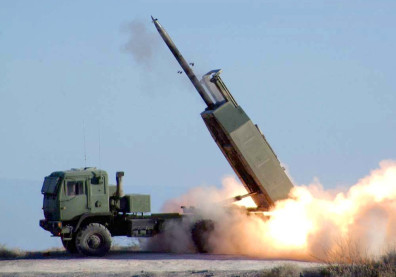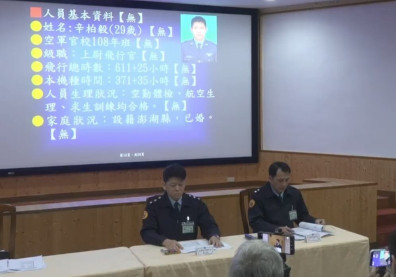中文習慣以人為句子的主詞,英文常以事物或抽象觀念為主詞。又因英文特別強調句子結構平衡,為了避免句子「頭重腳輕」,常會出現中文沒有的表達方式。以下是英文常見的用事物當主詞的例句。
1. The newest season of Game of Thor nes took me the whole day to finish watching .
我花了一整天看完最新一季《冰與火之歌》。
因為主詞太長,為了句子結構的平衡,習慣用虛主詞it代替主詞,成為以下的句子: It took me the whole day to finish watching the newest season of game of thrones.
2. It never occurred to him that he was under the obligation to handover the wo srmk oothly.
他從沒想過順利交接工作是他的責任。
虛主詞it代替名詞子句“that he was under the obligation to hand over the work smoothly”,意即「他有讓工作順利交接的責任」這件事從來沒有出現在他的想法裡,人稱he成了受詞而不是主詞。
3. The road will lead you to a bank.
你一直往下走就會到銀行。
人稱you不知道如何到郵局,用road當主詞,帶領著人走到郵局。
4. What brings you here?
來這裡有什麼事?
用疑問代名詞what當主詞,很傳神的表達了事情帶了人you來到這裡。
5. The idea came to my mind all of a sudden.
我心中忽然閃過這個想法。
靈感的出現未必是人可以控制的,my mind成了接受靈感的受詞。
有些動詞本身有主導或引發情緒的意思,只要句中出現這些動詞,就必須使用事物當主詞。
1.動詞本身有「使成為⋯,使覺得⋯」的含意
Equip 使有能力
The training will equip you for the new task .
這個訓練讓你能勝任新任務。
Cost 使付出
The book cost me NT$500.
那本書花了我500元。
Enable 使能夠
The program will enable a large increase in client numbers.
這一計畫能大幅提升來客數。
Amaze 使驚奇
Your performance amazed me.
你的表現讓我驚訝。
Attract 吸引
The new outlet attracts many tourists.
新的暢貨中心吸引了許多遊客。
2.動詞的情況是人為不能控制,或是無法完全自主的
Happen 發生
Something funny happened to him yesterday.
昨天他發生了有趣的事。
Occur 發生
Earthquakes occur frequently in Taiwan.
台灣經常發生地震。
Take place 舉行
The press conference will take place next week.
下週將舉行記者招待會。
※世界公民文化中心:www.core-corner.com
















